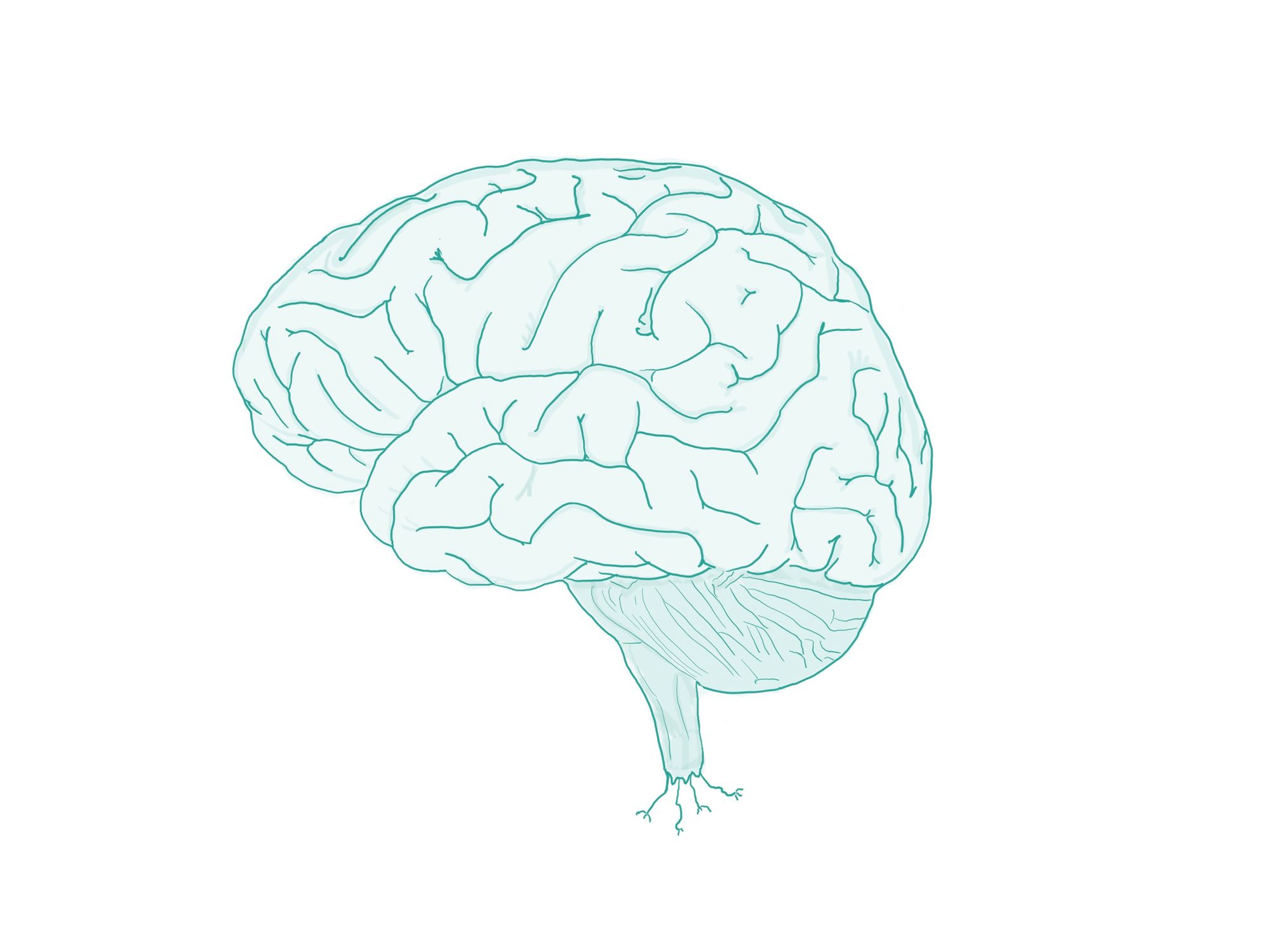Plastic Brains
We are the smartest we'll ever be when we are twenty, but after forty, the envy of wisdom. Here's why it's hard to change our minds and how doing so can help us live longer.

If you've ever sat around a kitchen table, you might have noticed change is hard. The old folks are stuck in their ways, and the young people know better than anyone, even if they know very little.
When hot-button issues ruin a hot meal, sometimes sitting around a dinner table is barely more appealing that sitting around a garbage can. Navigating disagreements on important political topics is not for the faint of heart. If there's one thing a hearty debate can accomplish, it's that it can work up an appetite if you don't lose one instead. But rarely does anyone change their mind. Most would sooner lose it.
Change gets harder and harder as we age, especially in the gray matter. But if we change our minds intentionally, it just may help us live longer.
In this article, we'll explore the reasons why we don't change our minds and perhaps why we should, even if it is hard. I'll highlight five factors that keep us from altering our most deeply held views, factors that, if we are not aware of them, will be the shovels that put us in the ground none the wiser.
Vicenials and Elders
The beauty of our early twenties is that we're smarter than everyone around us. This is the point in time when we realize that parents and deans of students just don't get it and probably never will because they are old and out of touch. Children at two decades old are perhaps the hidden gem of our time, or theirs anyway, admired most by themselves for the wisdom beyond their own years. The only thing they don't know is that they, too, will be the future deans and parents themselves and that the ones they cock their heads to also were once vicennial intellectuals as well.
Knowledge is an incredibly addictive drug, and aging is its antidote.
The older I get, the more I wish I was never young to begin with. Youth is wasted on them. Whether getting out of bed is painless or getting into it is accompanied by sighs and groans, the young will never know how good they have it, and yet, I never want to be one ever again. That said, at this stage of life, every time I get into bed, my greatest accomplishment the next day is to get back out.
